A Complete Guide To SEO For Psychologists
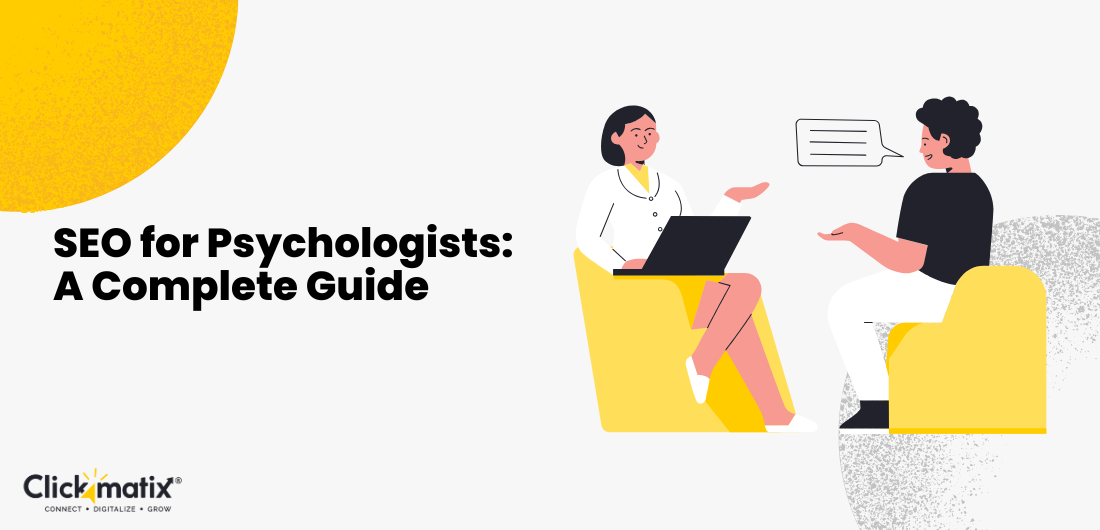
If you’re a psychologist, counsellor, or therapist trying to grow your private practice, you’ve probably noticed a shift. Clients aren’t just asking around anymore; they’re searching. Not idly scrolling, either. They’re typing very specific things into Google, looking for someone who speaks their language.
That’s where SEO for psychologists quietly steps in.
For mental health professionals, it’s a real way to show up when someone’s actively looking for your help. And if you’re not appearing? You’re probably getting passed over for someone who is.
This SEO guide for psychologists walks through everything you actually need to know: technical SEO, writing content that doesn’t sound robotic, local search visibility, and even turning visitors into clients. Whether you’re building from scratch or trying to grow something that’s already rolling, you’ll find something here worth your time.
Why SEO Is (Quietly) Crucial for Psychologists and Therapists
No one’s flipping through a phone book anymore. They’re typing things like “trauma therapist near me” or “CBT psychologist Melbourne” into their phones. Fast. Direct. And most people don’t scroll past page one.
Here’s what matters: over 90% of people use Google to find a therapist. Not social media. Not referrals (at least not as a first step). Just search. So if you’re not showing up there, it’s not just a missed opportunity but a problem.
SEO = Visibility + Trust
Picture this. Someone searches for help and sees your name in the top results, along with a few reviews, a map, maybe even a helpful blurb. Before they even click, you’ve earned a bit of trust, just by being there.
And unlike ads that vanish the second your budget runs out, solid SEO keeps paying off. It’s slower to build, yeah, but it also lasts. Organic traffic is like compound interest. Subtle at first. Powerful over time.
That’s a huge reason why more mental health professionals are actively investing in SEO for therapists. It builds visibility and credibility without needing to constantly feed an ad budget.
What Are People Actually Searching For?
Not just “psychologist.” That’s too vague. Most people type exactly what they need:
- “Psychologist near me”
- “Anxiety therapy Melbourne”
- “Grief counselling in Fitzroy”
- “Child psychologist Carlton”
These aren’t abstract keywords. They’re snapshots of real people, in real moments, trying to find help. If your site doesn’t reflect these terms, you’re invisible to the very people you’re best equipped to support.
And showing up in Google Maps? That little 3-pack at the top of the results? It’s massive. That’s where people make decisions.
How People Search When They’re Struggling
Quick pause here, because this part matters.
When someone starts looking for a therapist, it’s rarely casual. There’s often hesitation. Urgency. Maybe fear.
That’s why understanding what people mean when they search is just as important as the words they use.
Symptom-Based vs Solution-Based Searches
Some people search for how they feel:
- “Why can’t I stop overthinking?”
- “Therapist for social anxiety Melbourne”
Others already know the kind of support they want:
- “EMDR therapist in Richmond”
- “CBT psychologist for panic attacks”
If you understand both styles, you can write content that actually shows up and actually helps.
Here are a few examples that aren’t just SEO phrases. They’re potential clients, mid-search, hoping someone gets it:
- “Anxiety therapy Melbourne”
- “How to find a trauma therapist”
- “Relationship counselling near me”
SEO For Psychologists and Its Core SEO Strategies
Alright, so what does it take to show up on Google?
There’s no magic formula, but there are some SEO strategies for therapists that, when combined, do the work.
Let’s go through them.
1. Keyword Research
You can’t optimise what you haven’t identified. Keywords are the starting point. And not just any keywords – specific, local ones. Think: condition + location.
Tools like Google Keyword Planner, Ubersuggest, or SEMrush can help you find terms people are actually typing.

Get weekly insights for revenue-shifting results
Sign up for our newsletter and be the first one to know about our exclusive offers, digital marketing news and updates.
|
|
Thank you for Signing Up |


Examples?
- “Grief counsellor near me”
- “CBT psychologist Melbourne”
- “Licensed therapist for couples”
Or try this: pretend you’re the client. What would you search for if you didn’t know who to call?
2. On-Page SEO – Speaking Google’s Language (Without Sounding Robotic)
Every page on your site should be structured clearly, not just for Google, but for humans.
Write title tags and meta descriptions that sound natural, warm, and actually include your keywords. Skip the jargon.
Headings like “Anxiety Therapy in Melbourne” help people (and search engines) figure out what they’re looking at.
Set up internal links so visitors can move through your site easily.
And consider adding FAQs to your service pages. They help with search, sure, but they also help people feel a little less unsure.
3. Content Strategy: Be Helpful First, Optimised Second
This is where a lot of practices get stuck. Either there’s no blog at all, or the writing feels like a university thesis.
Better approach? Keep it simple. Make it useful.
Write about the things people actually ask:
- “How to choose the right therapist?”
- “Is CBT effective for anxiety?”
- “What’s the difference between a psychologist and a counsellor?”
It doesn’t need to sound polished. Honestly, it shouldn’t. People don’t want to read a textbook. They want to feel understood.
Bonus: Creating helpful content also chips away at stigma. That’s a win regardless of rankings.
4. Technical SEO: The Behind-the-Scenes Work
Not exciting, but absolutely necessary.
Your site needs to load quickly, especially on mobile.
It should be secure (HTTPS). That’s table stakes.
Use schema markup to tell Google what your business is, who you are, and where you are.
Make sure your site is accessible to everyone, including those with disabilities. Accessibility isn’t just good practice; it’s good SEO.
Local SEO: Your Most Powerful Tool as a Private Practice
Most therapists work with local clients. So local SEO is where things really move the needle.
Here’s what helps:
- Claim your Google Business Profile and fill it out properly.
- If you serve multiple suburbs, create location-specific pages (just don’t copy-paste content).
- Keep your Name, Address, and Phone number (NAP) consistent across directories like HealthShare, HotDoc, and TrueLocal.
- Encourage reviews. Done ethically, it’s totally fine to ask after a good session.
- Add a clickable Google Map to your contact page. People like to tap, not copy-paste.
Trust: The Unspoken Part of SEO
SEO gets people to your site. But trust keeps them there.
So, show them who you are.
Have a genuine About page. Share your credentials, your approach, maybe even why you got into therapy.
Use real photos of you and your space. Skip the stock images. They feel off.
Include client testimonials if your professional guidelines allow it. They make a difference.
And consider adding an FAQ schema so Google can pull your answers into search results.
Last bit? Don’t be afraid to let your personality show. It’s part of what makes you relatable.
Avoid These Common SEO Mistakes in Therapy Websites
We’ve seen these enough to say them plainly:
- Don’t stuff your site with vague terms like “best psychologist.” It’s obvious, and it doesn’t work.
- Avoid generic keywords like “therapist in Australia.” Too broad to help.
- Make sure your site works on mobile. If it’s hard to use, people will leave.
- Don’t ignore technical issues like broken links or crawl errors. Easy to fix, but often overlooked.
How to Measure What’s Working
If you’re investing time (or money) into SEO, you’ve got to track the right things.
Watch for:
- Organic traffic (Google Analytics)
- Clicks and leads from your local pages
- How often people tap your call or contact buttons
- Actual appointment bookings
Use tools like Google Search Console or simple call-tracking software. The point isn’t to obsess over numbers. It’s to see what’s helping people find you.
DIY or Hire an SEO Agency?
Honestly? Depends.
If you’re early in your practice, targeting one suburb, and you’ve got time, you might handle SEO yourself. Plenty of resources out there.
But if you’re expanding, juggling multiple locations, or just don’t have the bandwidth? That’s when hiring someone makes sense.
The right SEO agency in Australia can handle the technical stuff, help you avoid compliance pitfalls, and save you a lot of trial and error.
Why Clickmatix?
Clickmatix is a Melbourne-based SEO agency with solid experience in healthcare and wellness. We know how to handle local SEO and understand the sensitivity of working with allied health professionals. And we don’t waste time with fluff.
What we offer is straightforward: clear strategies, measurable results. If you’re looking for an SEO agency in Melbourne with mental health experience, give us a call.
Wrap up
SEO for psychologists isn’t about tricking Google. You should be focusing on helping the right people find you, often at a time when reaching out is already hard enough. Done right, SEO for therapists doesn’t just bring clicks. It builds trust. It starts conversations. It helps your practice grow.
In search for strategic sessions?
Let us understand your business thoroughly and help you
strategies your digital product.
It's time to call your business-
a brand!
Australian Owned Agency
Save Time and Money
Unbeatable Value
Where Work Gets Done
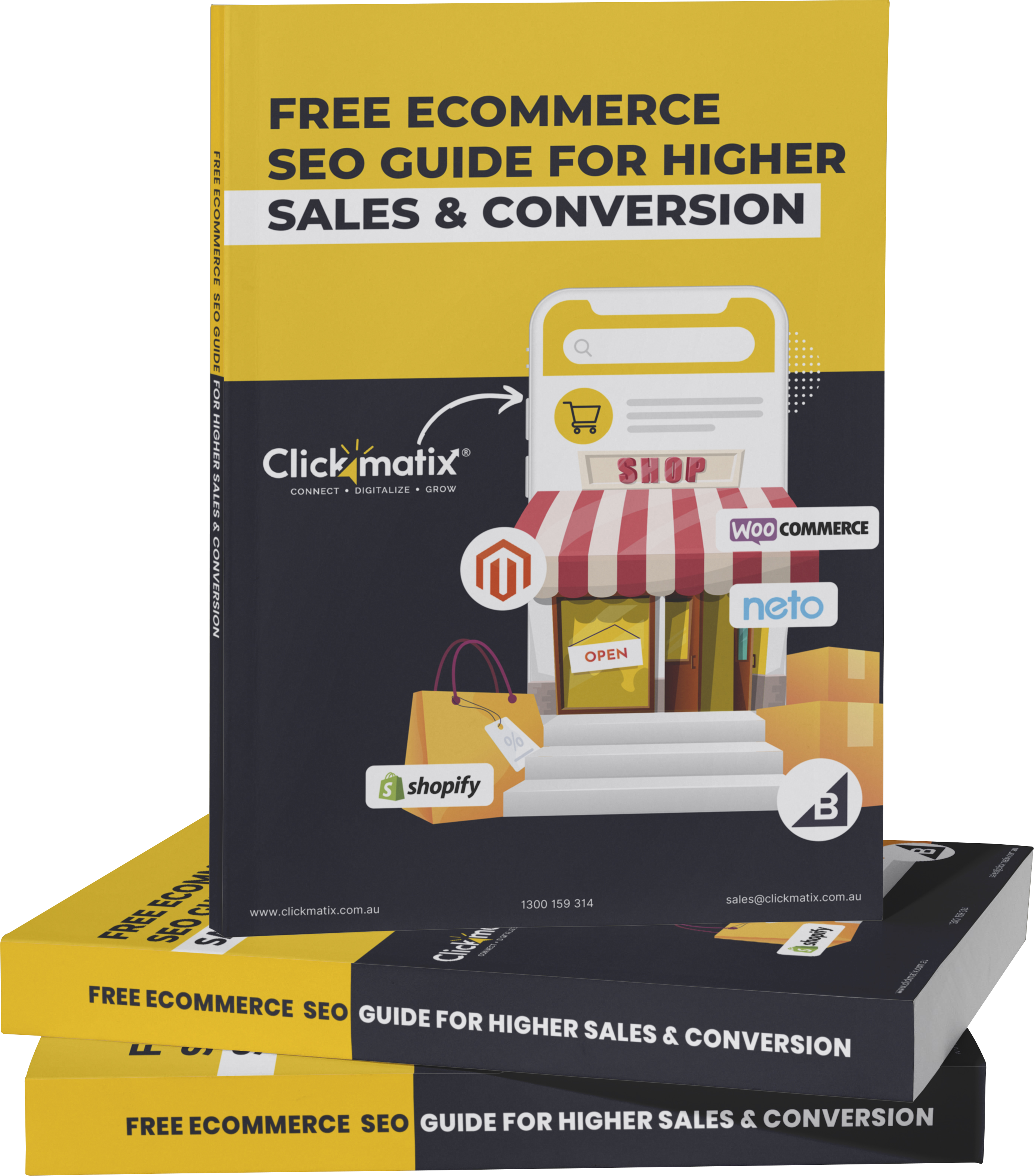
free Ecommerce SEO guide for Higher Sales & Conversion



THE ULTIMATE MARKETING GUIDE FOR LAWYERS



Youtube Ads Guide How to Advertise on Youtube



free Ecommerce SEO guide for Higher Sales & Conversion


It's time to call your business-
a brand!
Australian Owned Agency
Save Time and Money
Unbeatable Value
Where Work Gets Done


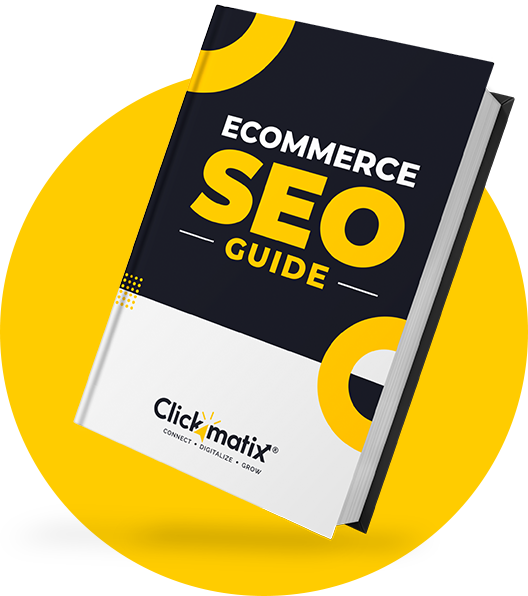
The Game-Changing Ecommerce SEO Guide That Will Blow Your Mind & Sales
With this Ecommerce SEO Guide, you'll be able to:
- Develop a Ecommerce SEO strategy.
- Build a content marketing strategy that aligns with your business goals.
- Convert your website visitors into paying customers.



Youtube ads guide how to advertise on youtube
With this Youtube ads Guide, you'll be able to:
- Develop a Youtube ads strategy.
- Build a type of ads of your own that aligns with your business goals.
- Generate revenue from youtube ads.
It's time to call your business-
a brand!
Australian Owned Agency
Save Time and Money
Unbeatable Value
Where Work Gets Done








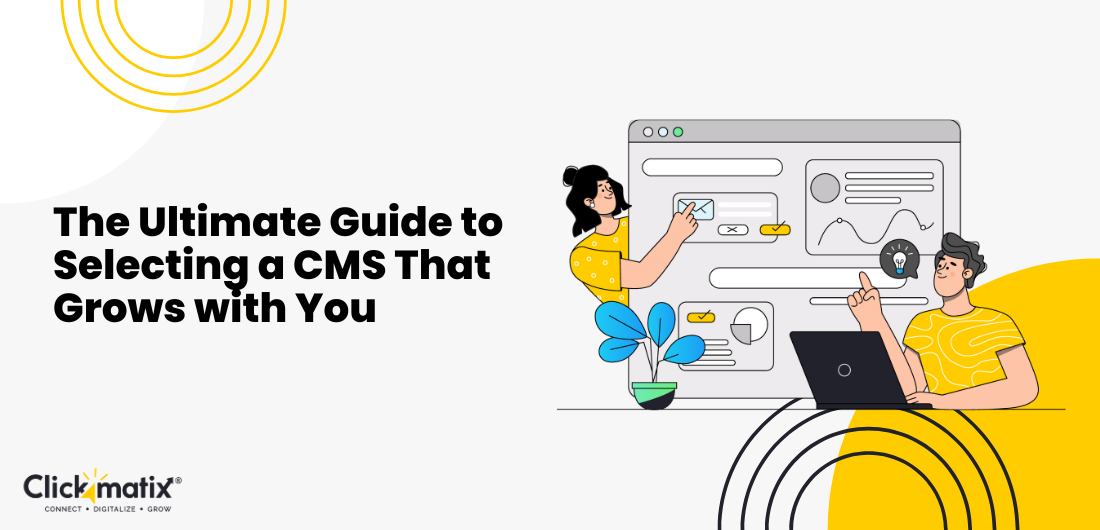
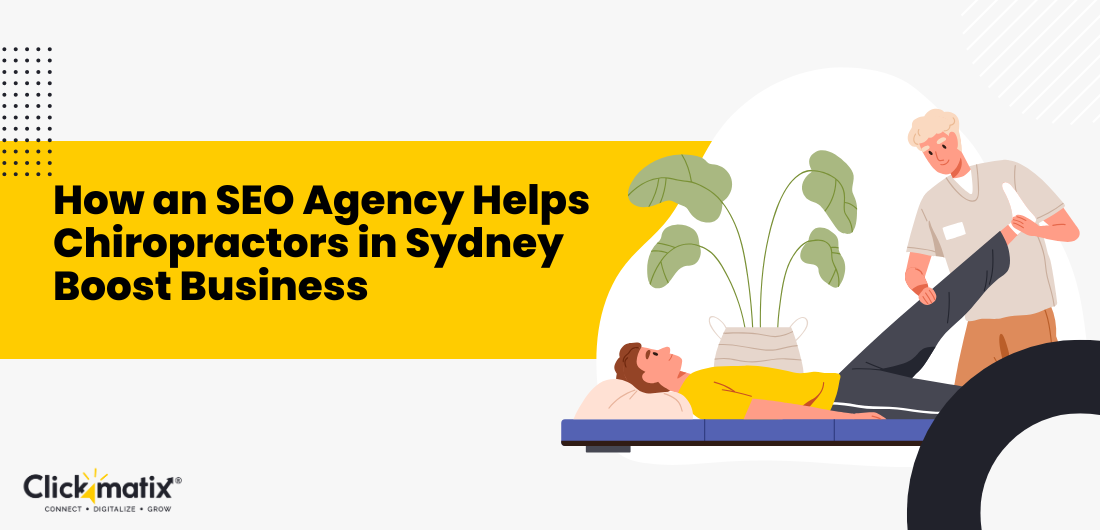
 Australian Owned Agency
Australian Owned Agency Save Time and Money
Save Time and Money Unbeatable Value
Unbeatable Value Where Work Gets Done
Where Work Gets Done